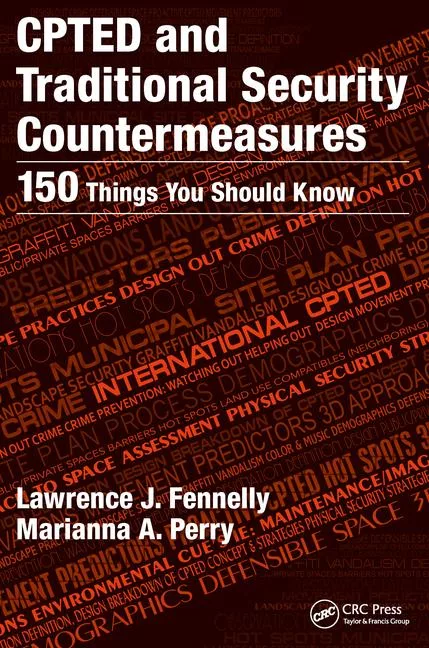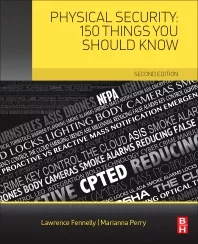How Universities Should Prepare Students and Faculty for Travel Abroad Programs

A student missing after a catastrophic earthquake, a bus carrying students is involved in a fatal accident in an area with no cellphone connectivity, or a terrorist attack closes a major international airport – each of these realistic scenarios can quickly turn an exciting study abroad program into a personal and organizational crisis. The importance of a pre-travel safety plan has always been significant, especially when partaking in overseas travel. Recent terror attacks in Brussels, Belgium; Istanbul, Turkey; and Dhaka, Bangladesh tragically involved students from various educational institutions.
With many universities expanding their international programs and with the corresponding growth of emerging risks in traditionally "safe" regions, universities must create a risk mitigation component to their travel abroad program. Below are some simple steps schools can take to limit risk and better respond when an unforeseen crisis occurs.
The following pre-travel safety plan includes the minimum pre-departure requirements universities should create and provide travel participants. Universities may have additional requirements for specific locations. Special considerations to consider should include the participant’s ages, gender, special needs, number of participants, fluency in the foreign language, nationality, and the level and location of health services at the destination.
Trip Synopsis
When developing a safety plan for traveling abroad the university should have a clear trip synopsis.Items on the trip synopsis should include:
- Dates of trip and the timeframe at each location.
- Name of each destination including country, city, arrival date, accommodation at destination with contact information.
- Transportation used including dates, type of carrier, name of carrier and contact information.
- Alternative emergency site meeting point in case of program disruption.
- Name of in country partner/host and contact information.
- Contact information for the group leader including all means of communications (cellular, email, social media, satellite phone).
Emergency Support
- Student and parents should enroll in the U.S. Department of State Smart Traveler Enrollment Program (STEP program) at https://travelregistration.state.gov/ibrs/ui/ The Smart Traveler Enrollment Program (STEP) is a free service to allow U.S. citizens and nationals traveling abroad to enroll their trip with the U.S. Department of State. This enrollment will allow you to receive information from the Embassy about safety conditions in their destination country and help them make informed decisions about their travel plans.
- A list of the nearest U.S. Embassy or consulate for each destination. A list is contained here: http://www.usembassy.gov/
- A copy of the destination “911 emergency equivalent” phone number for police, fire, and ambulance support. A list can be found at http://travel.state.gov/content/dam/students-abroad/pdfs/911_ABROAD.pdf
- A copy of the student’s passport.
- Students should have a list of meeting points where participants will gather in the case of an emergency.
Vaccinations
As it relates to vaccinations, students should consider those recommended by the CDC for international travel. A full list can be found here: http://wwwnc.cdc.gov/travel/destinations/list
Insurance
The university should ensure travelling students have sufficient health and travel insurance. Supplemental coverage is encouraged in specific locations.
Destination Safety and Risk Assessment
An important task for the university is to create a comprehensive risk assessment to the planned trip destinations. Valuable information and safety tips can be found at the following locations:
- U.S. Department of State website that contains travel alerts and warnings: http://travel.state.gov/content/passports/english/country.html
- Students Abroad: U.S. Dept. of State http://studentsabroad.state.gov/
- FBI brochure for U.S. students traveling abroad: https://www.fbi.gov/about-us/investigate/counterintelligence/student-travel-brochure-pdf
- Centers for Disease Control (CDC) Health Notices by country: http://wwwnc.cdc.gov/travel/notices
Monitor and Reassess
During the trip, the university and the group leader should routinely monitor local news outlets as well as the websites detailed above. Special attention should be given to signs of civil unrest, inclement weather, terror attacks in the region and major natural or man-made disasters. It is also recommended that parents and students jointly review the University Code of Conduct, and safety tips for traveling abroad which would include cultural sensitivity. It should be made clear to all participants that the university reserves the right to cancel or suspend a trip if a significant health of safety concern arises. Thus the evolving nature of risk mitigation is a key component for universities to consider as part of their educational mission.
Looking for a reprint of this article?
From high-res PDFs to custom plaques, order your copy today!







